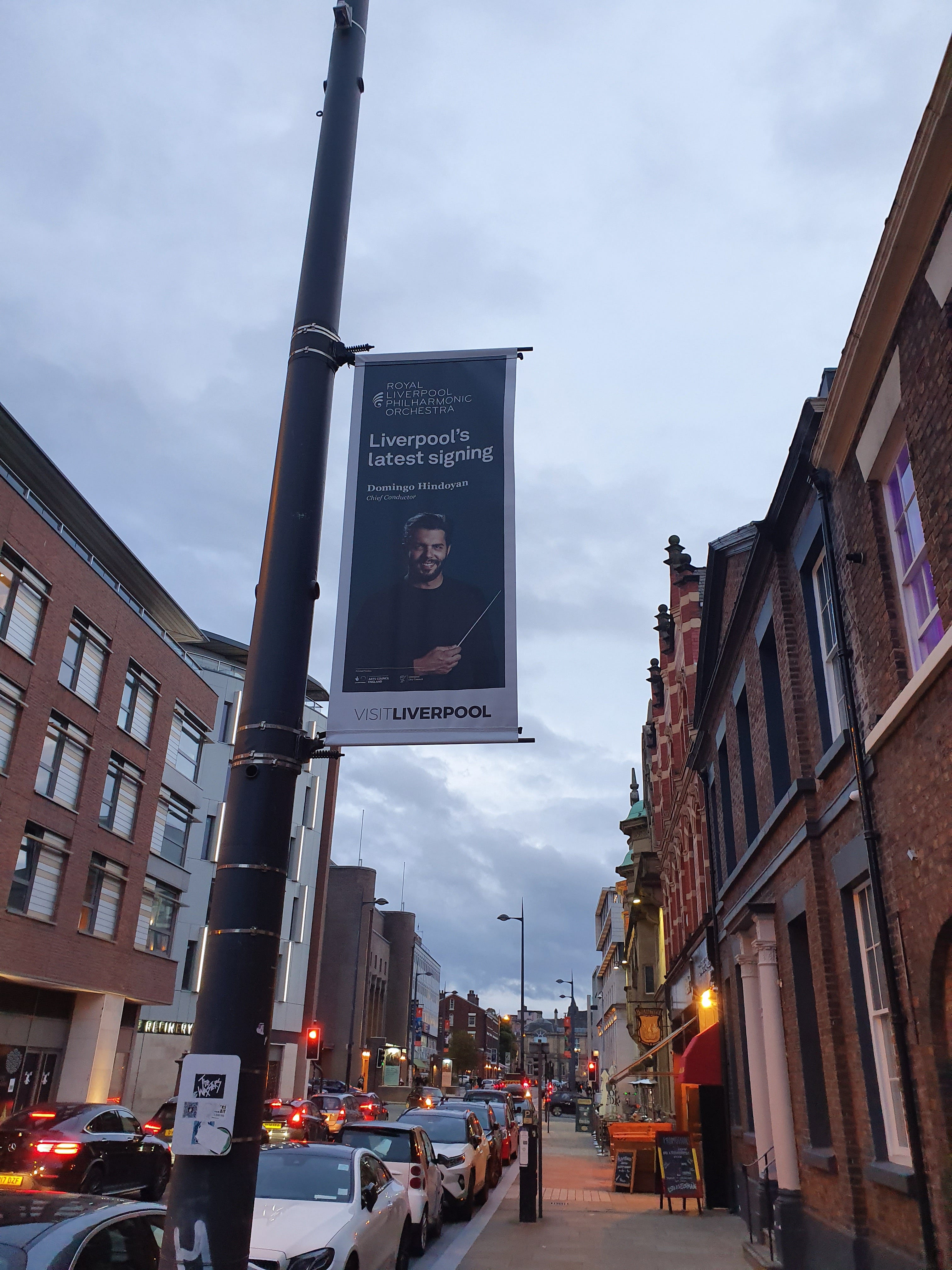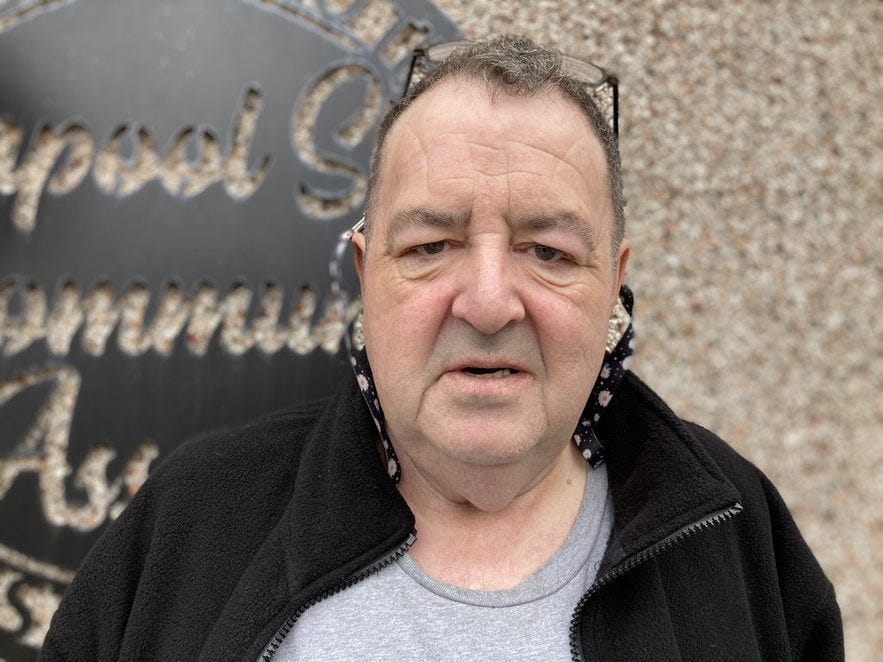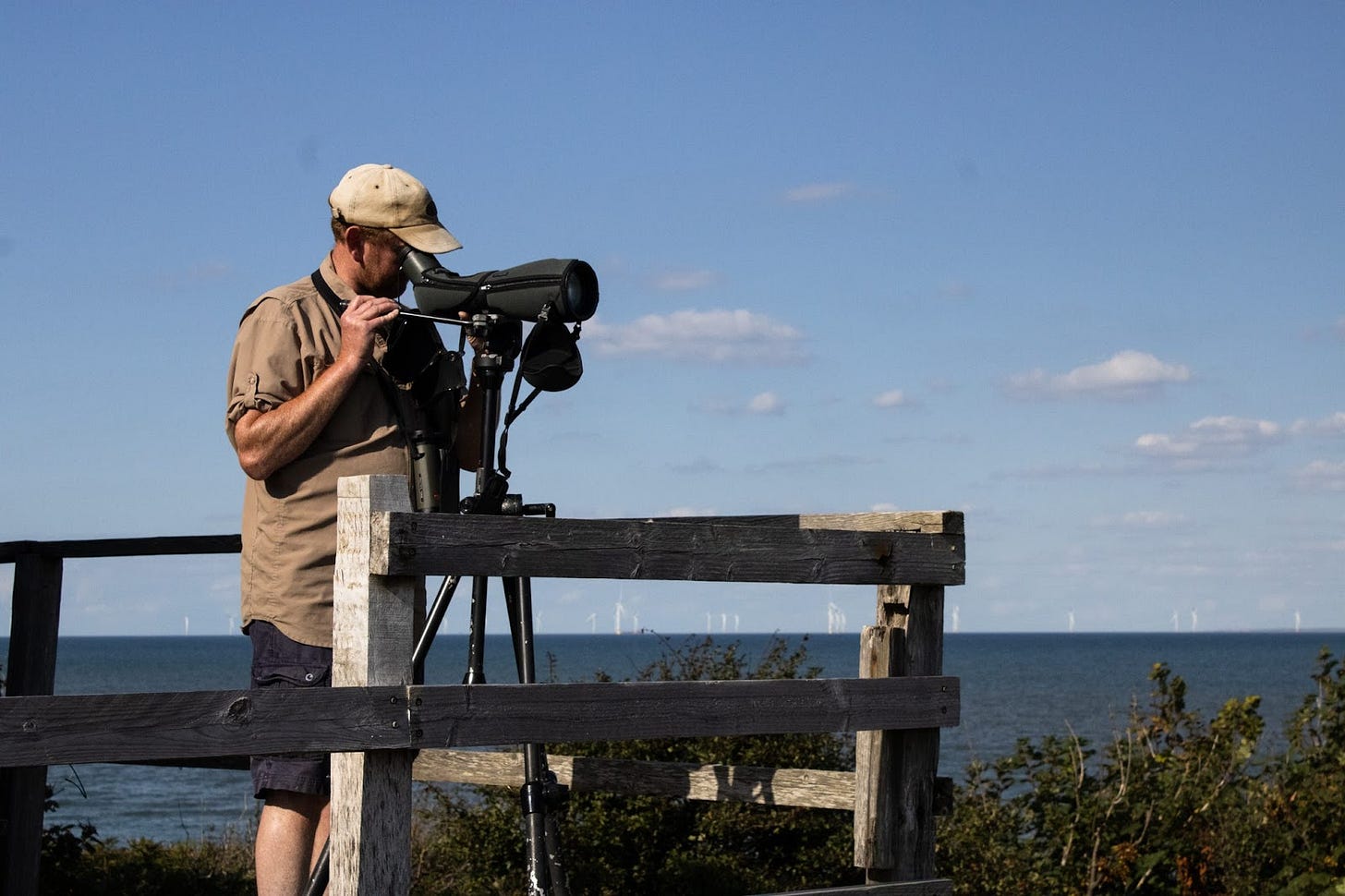Happy new year from The Post!

Some of our favourite reads from 2022
Dear readers — 12 months, around 200 editions, 727 (perhaps more by now) paying members, over 12,000 email subscribers and one letter threatening us with legal action from a firm best known for representing oligarchs and royals. It’s been a blast.
As our first full year draws to a close, we’ve picked out a list of the very best stories we’ve published in the last 12 months. I tried to do one a month, but was far too indecisive in the end and couldn’t bring myself to leave some pieces out. So here’s the 2022 highlights reel, 15 of the pieces we’re proudest to have published this year, from the start of the year to the end.
I cannot express to you all how much I like the work of @liverpoolpost - they’re a really small team doing very good, long, well researched local journalism that helps buck the trend of constant egotistical pandering from both The Echo and Liverpool City Council.
— Matt Collins (@Mattophobia) 2:16 PM ∙ Aug 22, 2022
Before that, we wanted to say a final thankyou for all of your support this year. 12 months ago The Post had no full-time staff and was putting out articles on an ad-hoc, sporadic basis. There are now hundreds of people paying for our journalism, we’ve had articles picked up by national outlets and we’ll soon be appearing (briefly) in a BBC Radio 4 documentary. We’ve covered everything from unscrupulous politicians at Town Hall to (far more scrupulous) toads on the cliffs of Formby. We’ve tried to find a new way to make journalism work, by relying on subscribers rather than advertisers, which has forced us to produce a product worth paying for. It’s no surprise that the Echo tried to crush us back in March.
If you’ve still not joined us as a paying member, allow me to make one final appeal before 2023 rolls in. In order to become a sustainable news source that can serve the city of Liverpool for years to come, we still need a few hundred more members. If we can get to 1,000 we’ll be close to being sustainable and can look for our next permanent hire, which is something we’d like to do as early as possible next year. To join us and help fund the future of local journalism in Liverpool, please subscribe today. It costs just £1.25 a week if you sign up for a year upfront (£65).
Thanks for reading and all the best for the new year.
Jack
Lewis believed Covid was a conspiracy. Now he's changed his mind.
A tale of COVID and conspiracy theories doesn’t sound likely to have a happy ending, but here’s Harry Shukman’s February piece about Lewis, who was one of the most active organisers in Merseyside’s anti-vaxx scene and ran an activist group called Merseyside Resistance, who believed the pandemic was a hoax. Ultimately Lewis’ mind began to change, but not because of those who mocked his views, rather those who took the effort to listen and understand them.
‘I’m a crazy fanatic of the music’
“I meet Liverpool’s new South American star in a functional boardroom in the Georgian Quarter,” begins this brilliant piece by Joshi, about the man whose face is emblazoned on buses and posters all over Liverpool. He wasn’t talking about a tricky left-winger or a goalscoring centre forward though, rather Domingo Hindoyan, who took over the reigns at the Royal Liverpool Philharmonic Orchestra late last year. It was one of our best cultural reads of the year and one that captures the intoxicating power of good orchestra.

Why has the Adelphi become Liverpool’s dirty secret?
Surely one of the funniest pieces published in any publication, anywhere, this year. We gave David Lloyd the glamorous assignment of spending a night in the Adelphi Hotel back in May. Here’s a passage that still pops into my mind and makes me smile: “There are actually two queues — one for people to get their electronic room key and a second for people who’ve come back down to reception because it doesn't work. Soon, I will form the start of queue number three: people who’ve returned to reception because their keycard doesn’t work, had it run through the card reader, only to find that it still doesn't work and had to traipse back down to reception again.”
One message changed everything
When Mollie wrote about Caroline — a single mother of three in Bootle who had felt so overcome with the pressure to make ends meet she’d attempted to take her own life — in April, the piece got a better response than we could have ever imagined. One reader who’d worked in the benefits system got in touch and eventually went to meet Caroline, helping her access money she never knew she was entitled to. “I was in a bit of a crisis for seven months, a bit of a dark place,” she said in Mollie’s follow up piece. “I kind of keep it to myself when I'm struggling, I don't like asking for help much. Until now, no one reached out. Now, people are.”
A comeback in verse: What happened when two girls were called 'aggressive scousers' at a poetry slam
One of the most popular pieces we put out that was reserved for only paying members, and a clear marker of why you should be reaching for your wallets! Mollie recounts an epic tale of revenge at a poetry slam. After Edge Hill creative writing students Mia and Becky had their accents mocked by rivals at the slam, they stayed up into the early hours re-writing their set into a diatribe confronting anti-scouse predjudices. “They both finished with a middle finger to the audience, and then dedicated the poems to their families,” Mollie writes.

Sex, lies and crude oil
The best interviews are generally conducted over two bottles of wine, as Sophie showed us at the start of August. She met Tabitha Lasley, the Wirral-born writer who wrote the excellent debut novel Sea State. What I loved about the piece was how it sought to understand Lasley herself, as well as her book, and the strange journey her life went on which led to its publication. Lasley leaves us with a brilliant closing line: “Getting lost in the Wirral is a bit like when people lock themselves into one of those escape rooms. You’re lost, but you’re not really lost.” If left me wondering: how good would this interview have been if they’d cracked open a third bottle?
Why are companies leaving Liverpool?
Our most-read piece of the year, and the one that prompted a deluge of emails from the disgruntled businesspeople of Liverpool saying words to the effect of: “Yes. This.” We’d picked up on an alarming trend of several significant companies leaving the city region, which had seemingly gone unreported, and starting reaching out to figures in the private sector who simply weren’t buying what local politicians were selling.
Gerard Woodhouse tells horrifying stories about Liverpool - are they true?
A piece many months in the making and one of our most popular all year, as Mollie and Harry investigated the councillor whose Dickensian-style tales of poverty about Liverpool (regularly published in the Echo or espoused on The One Show) simply don’t add up. “People say I should get the Freedom of the City,” Gerard Woodhouse says at one point in the piece. “People say I should get an OBE. I’ll shove them as far as they’ve got ‘em.”

When Liverpool ruled the world
Nothing we’ve published this year will have you aching for the past quite as much as David’s heavy-on-the-nostalgia (but not light-on-the-humour) look at the lost days of Cream, a club like no other at a time when everything felt possible. How best to describe that longing for the past? “It’s a sea of hands in the air, clasping onto the raised palm of the stranger next to you, while some trancey mashup of Killing Me Softly morphs into Loving You More by BT. Remember this moment, I thought to myself. And I do.”
How five journalists started a radical Liverpool newspaper
A piece about intrepid journalists taking on the powers that be? Whether or not Mollie wrote this one as a kind of self-reflexive cryptic code, it was a phenomenal bit of writing. It focused on a group of five young disillusioned reporters who started a newspaper called Pak O Lies in the early 70s, which evolved into an investigative newspaper called the Liverpool Free Press. It got a huge response — perhaps anti-Echo sentiment is quite widely shared among our readers for whatever reason.
Liverpool is grieving
September was a month of tragedy in Liverpool, with a spate of murders taking place within two weeks of each other. The death of 9-year-old Olivia Pratt-Korbel in Dovecot caused horror across the entire country, but the narrative that emerged, that a “wall of silence” among residents was preventing the arrest of the perpetrator, wasn’t one those residents recognised. We went to visit them and instead found a wounded community rallying around each other and trying to pick up the pieces.
The watcher of Hilbre Island
They say no man is an island, but Chris Williams isn’t far off. He’s a member of the Hilbre Bird Observatory on Hilbre island, where his Dad first carried him when he was just a few months old. One morning, Jack Dulhanty rose early to meet him, and found a tranquil and beautiful place populated by all sorts of wildlife, including “North Atlantic seals who look like slippery, grey bald men.” For Chris, it was a place where he could be at peace and find a connection with his father. Few pieces we’ve published this year have captured a sense of place as richly as this one.

My Sunday morning inside Southport’s extremist Catholic sect
Another investigative piece from Harry, this time going undercover at a fringe church in Southport. The priest — Father Brendan King — was a man who believed Jews are plotting to “dissolve western nations, destroy their identity, their self-respect, their manliness” in order to enslave gentiles. It was an alarming look at how extremist views and ideologies can exist even in the most unlikely of places.
Did the Liverpool Echo try to get a vocal critic kicked off of her journalism course?
Another troubling one, this time about the Echo and their bizarre alleged attempt to have a student removed from her journalism course for criticising them on Twitter. Helen Wilkie was dramatically ejected from a two-day placement at Echo HQ by the paper’s editor, Maria Breslin, before returning to her course and being told by her tutor that the Echo had threatened to cease all placements from students unless she was removed altogether. It seemed to us (and many others) like a bizarre overreach of power from the city’s biggest paper.
The unbearable loudness of being
Why is everywhere so bloody loud? That was the question David was asking as he valiantly made his way about town earlier this month with a decibel measuring watch. It’s an extremely funny read, but an informative one too (where else would you read about the “cardiovascular, biochemical, and gastrointestinal stress” reactions of the body to noisy environments). “If we stay silent,” David writes in conclusion. “We’re complicit in this ever-escalating arms race towards ear-splitting Armageddon”. Now shhhh. That’s better. Have a quiet new year.

Comments
Latest
A blow for the Eldonians: ‘They rubber-stamped the very system they said was broken’
How Liverpool invented Christmas
This email contains the perfect Christmas gift
Merseyside Police descend on Knowsley
Happy new year from The Post!
Some of our favourite reads from 2022